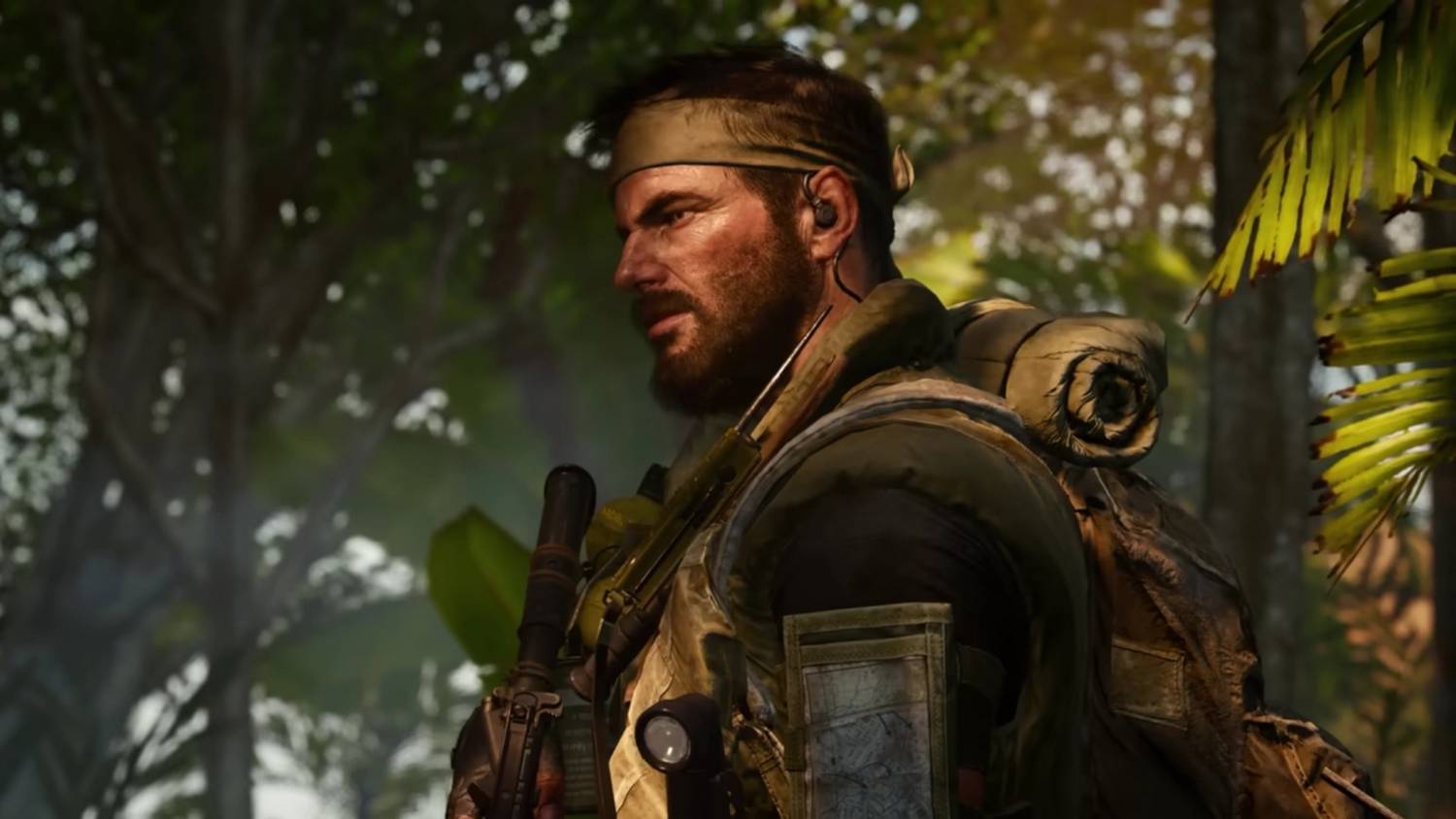Unpacking the 50% Price Surge: Can New Game Pass Ultimate ‘Value’ Offset the Cost Hike?
Popular Now
 Counter-Strike 2
Counter-Strike 2
 BeamNG.drive
BeamNG.drive
 Toca Boca World
Toca Boca World
 Sonic the Hedgehog™ Classic
Sonic the Hedgehog™ Classic
 Geometry Dash
Geometry Dash
 Roblox
Roblox
 EA SPORT FC 25
EA SPORT FC 25
 Fall Guys
Fall Guys
 CarX Street
CarX Street
 League of Legends
League of Legends
 In a move that has sent ripples of discontent through the gaming community, Microsoft has enacted a significant price increase for its premier subscription service, Xbox Game Pass Ultimate. The monthly cost for the Ultimate tier has jumped by a staggering 50% in the U.S., rising from $19.99 to a premium $29.99. This substantial financial adjustment, effective immediately for new subscribers and commencing in early November for existing members, has forced a swift defensive maneuver from Microsoft, which is aggressively justifying the hike by touting an increased value proposition centered on a surge in day-one releases and new bundled perks.
In a move that has sent ripples of discontent through the gaming community, Microsoft has enacted a significant price increase for its premier subscription service, Xbox Game Pass Ultimate. The monthly cost for the Ultimate tier has jumped by a staggering 50% in the U.S., rising from $19.99 to a premium $29.99. This substantial financial adjustment, effective immediately for new subscribers and commencing in early November for existing members, has forced a swift defensive maneuver from Microsoft, which is aggressively justifying the hike by touting an increased value proposition centered on a surge in day-one releases and new bundled perks.
The company, which recently completed a major restructuring of its subscription tiers—renaming Core to Essential and Standard to Premium—is positioning the Ultimate plan as its most comprehensive and enriched offering to date. The immediate reaction from a significant portion of the user base, however, has been one of shock and anger, with many questioning the long-term sustainability of such a high-cost gaming subscription model.
 The Core Argument: More Day One Titles and Exclusive Content
The Core Argument: More Day One Titles and Exclusive Content
Microsoft’s primary justification for the dramatic price increase lies in the massive expansion of its day-one release promise. According to statements from the Xbox team, Ultimate subscribers will now gain access to “over 75 day one releases each year,” representing a 50% increase in guaranteed new titles compared to the previous year. This commitment is designed to make the Ultimate tier indispensable for players eager to jump into major AAA and highly anticipated indie releases without the upfront cost of purchase. Key titles expected to anchor this promise include major upcoming releases like Call of Duty: Black Ops 7, The Outer Worlds 2, and other first-party studio launches.
Furthermore, the newly priced Ultimate tier is bolstered by the integration of two significant, previously separate subscription services: Fortnite Crew and Ubisoft+ Classics. These additions include:
- Fortnite Crew: Valued at $11.99 per month, this perk grants the Battle Pass, 1,000 V-Bucks monthly, and an exclusive Crew Pack.
- Ubisoft+ Classics: Adding a substantial back catalog of popular Ubisoft titles, a service valued at approximately $7.99 per month.
Microsoft contends that these bundled services alone represent a substantial portion of the price increase, suggesting a collective added monetary value of roughly $20 per month, which, on paper, almost justifies the $10 jump from the old price. Enhanced cloud gaming features, including up to 1440p resolution streaming and reduced wait times, are also cited as tangible improvements exclusive to the Ultimate plan.
 The Industry’s View: A Growing Divide in Gaming Subscriptions
The Industry’s View: A Growing Divide in Gaming Subscriptions
The decision to raise the price of its flagship subscription so significantly, coming just over a year after the last price hike, puts Microsoft’s pricing strategy under intense scrutiny. While the company reports record subscription revenue, industry voices have long debated the long-term financial viability of offering day-one access to major titles at a low monthly rate. For many consumers, the immediate comparison is now being made not just to the old Game Pass price, but to the cost of outright purchasing games.
The new annual cost for Ultimate totals an estimated $360. As critics have pointed out, this amount is enough to purchase five full-price new-generation games at the standard $70 price point. The question for the core gamer is: does the new library and added perks consistently offer enough savings and value over 12 months to warrant the expense? For players who only focus on a few select major releases a year, the equation has become far less compelling, potentially leading to a wave of subscription cancellations or a downgrade to the cheaper Premium tier, which remains at $14.99 but lacks the immediate day-one access to all Microsoft-published blockbusters.
Reviewing the New Tiers: Essential vs. Premium vs. Ultimate
Alongside the Ultimate price change, Microsoft has simultaneously reorganized and upgraded its lower tiers, attempting to offer greater value across the board:
Xbox Game Pass Essential ($9.99/month, formerly Core):
- Offers a curated library of 50+ games.
- Includes online console multiplayer.
- Now features unlimited cloud gaming and a full PC game library.
Xbox Game Pass Premium ($14.99/month, formerly Standard):
- Retains the old Standard price, offering a major incentive for budget-conscious users.
- Provides access to over 200 games across console, PC, and cloud.
- New Xbox-published titles are added within a year of launch (excluding Call of Duty titles, which require Ultimate).
- Includes major added titles like Diablo IV and Hogwarts Legacy at launch.
Xbox Game Pass Ultimate ($29.99/month):
- The only tier with full day-one access to all Xbox Game Studios titles, including Call of Duty.
- Expanded cloud streaming to 1440p.
- Includes the bundled Fortnite Crew and Ubisoft+ Classics.
- Ultimate retains its position as the clear premium choice, but at a price point that makes it a serious monthly financial commitment.
The Market Reaction and Future Outlook
The immediate market sentiment is undeniably negative, with anecdotal reports suggesting a surge in cancellations and a high volume of online debate over the true worth of the service. Some retailers, notably GameStop, have even temporarily refused to apply the new price, selling Ultimate subscriptions at the old $19.99 rate to buffer the community’s reaction.
Ultimately, the success of this aggressive pricing strategy rests entirely on Microsoft’s ability to consistently deliver a library of high-quality day-one games that are compelling enough to justify the substantial monthly investment. The promise of “over 75 day one releases” will need to translate into dozens of must-play titles annually, not just a handful of large blockbusters. For now, the latest Game Pass hike represents a high-stakes gamble by Microsoft, pushing its subscription into a luxury segment while simultaneously attempting to placate consumers with the promise of unparalleled access and value. The coming months will be the ultimate test of whether the added “value” can truly outweigh the additional cost for the millions of subscribers who have made Game Pass a powerhouse in the gaming world.









